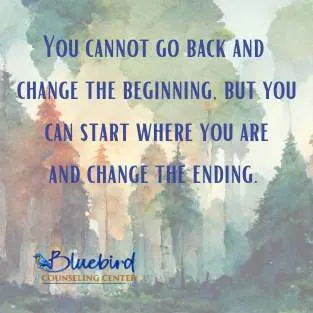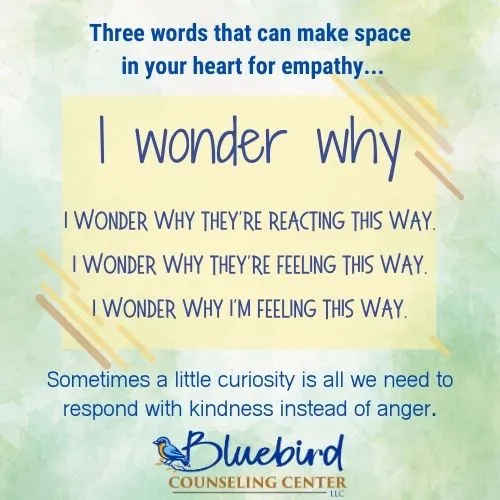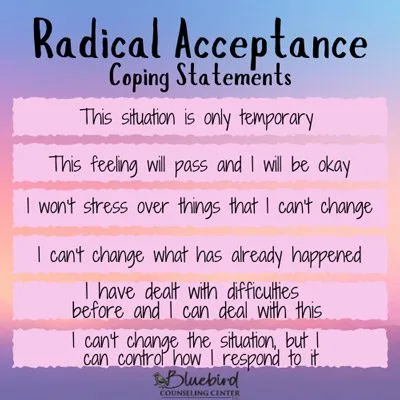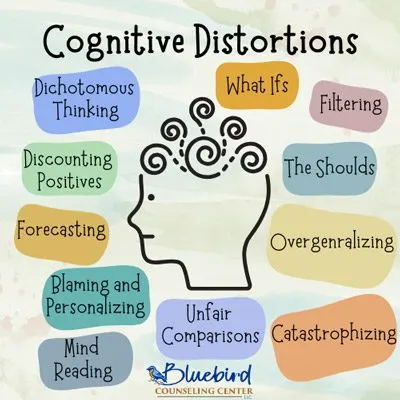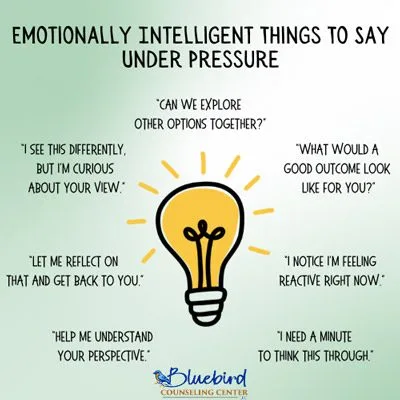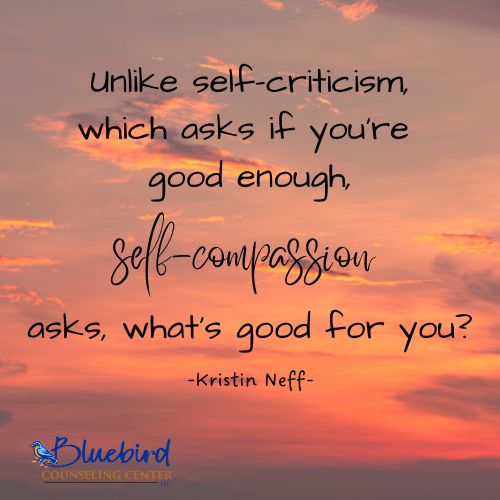
Importance of Self-Compassion
At Bluebird Counseling Center in Lititz, PA, we believe that cultivating self-compassion is fundamental to our mental health and overall well-being. Self-compassion involves treating ourselves with the same kindness, understanding, and patience that we offer to others. It’s a powerful tool in managing anxiety, depression, and in fostering acceptance of ourselves and the world around us.
In today’s society, where it’s often seen as positive to be highly individualistic, many people strive to be better than others at most activities. This drive for comparison and perfection can increase feelings of anxiety and depression, especially when our self-esteem is tied to external validation. When we see ourselves as better than others, it can create a cycle of negativing, where we isolate ourselves or seek to tear others down to boost our own sense of worth. But true self-compassion challenges this mindset by encouraging acceptance, the acceptance of our strengths and vulnerabilities alike.
Self-compassion opens our heart to compassion for others, recognizing that being human includes a wide range of emotions, strengths, and weaknesses. Instead of judging ourselves harshly, we learn to accept the natural flow of life, embracing the light and shadow within us. This acceptance is especially crucial in managing anxiety and depression, as it allows us to see our struggles as parts of the human experience rather than imperfections to hide.
In many cultures, humility and respect are valued, fostering a different sense of self-assessment. However, in the U.S., the tendency to believe we are better than others can lead to feelings of inadequacy when we fall short. The societal emphasis on being “above average” often fuels an internal critic that is harsh and unforgiving, feeding into depression and anxiety. When the internal voice becomes overly critical, it’s difficult to practice acceptance of ourselves as imperfect beings.
Building self-compassion enables us to counteract this negativity by offering ourselves kindness instead of criticism. It helps us recognize that making mistakes doesn’t diminish our worth; it’s part of our growth. Acceptance through self-compassion fosters resilience, helping us navigate the rollercoaster of life with a balanced perspective. It encourages us to accept our capabilities and limitations without judgment, which can significantly reduce anxiety and depressive symptoms.
Moreover, self-critical thoughts are deeply rooted in a need for control, a desire to manage life and ourselves perfectly. When we impose unrealistic expectations and fail to meet them, we reinforce feelings of inferiority and uselessness, leading to further anxiety and depression. This cycle often originates from familial messages or societal standards that promote perfectionism, leaving little room for acceptance or compassion.
The consequences of self-criticism extend beyond our internal world, impacting our relationships. Individuals who are harsh on themselves tend to judge others similarly, creating friction and preventing genuine connection. They may choose partners that validate their fears or further reinforce their negative self-view, which can lead to unhealthy relationship patterns. Without self-compassion, it’s challenging to develop the trust and acceptance necessary for healthy, loving relationships.
Learning to practice self-compassion transforms this dynamic. It helps us see ourselves clearly, for who we are, light and shadow alike, and accept life as it is. As we embrace ourselves with compassion, our capacity for compassion toward others deepens, enriching our relationships and fostering genuine acceptance.
Happiness arises when we let go of the endless pursuit of perfection and accept life’s natural ebb and flow. Self-compassion allows us to navigate the rollercoaster of emotions, anxiety, and depression with wisdom and grace. It invites us to be gentle with ourselves and accept our imperfect humanity, opening up new adventures filled with acceptance, growth, and joy.
At Bluebird Counseling Center, we are here to support you on this journey toward greater self-compassion. By embracing self-acceptance, you can build resilience against anxiety and depression, deepen your compassion for others, and find a sense of peace in the ebb and flow of life. Remember, being human isn’t about being better, it’s about accepting yourself fully, with compassion and understanding at the core.



